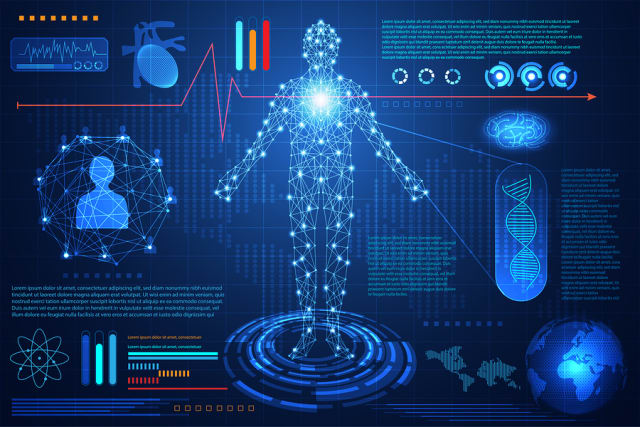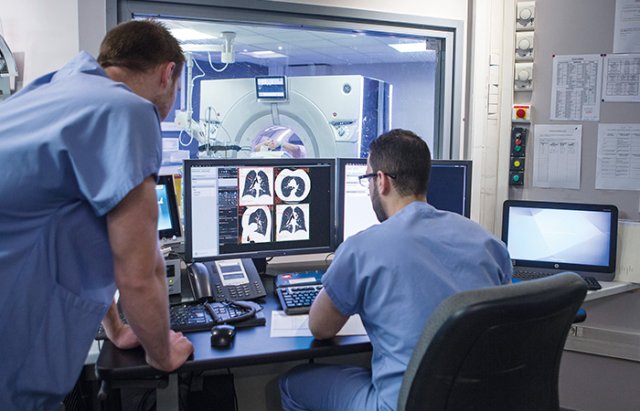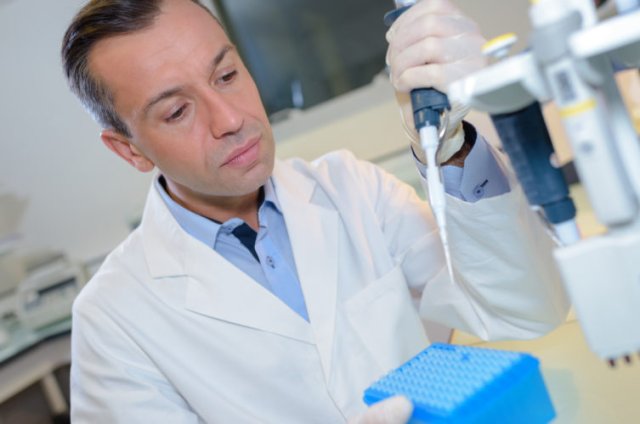AI Can Now Predict How Cells React To Diseases And Treatments
Viswamitra Jayavant - Aug 20, 2019

Researchers have developed an AI toolkit that can help medical researchers simulate the response of human cells to diseases and treatment plans.
- New ‘Deep Nostalgia’ AI Allow Users To Bring Old Photos To Life
- Pilots Passed Out Mid-Flight, AI Software Got The Aircraft Back Up Automatically
- YouTube AI Mistakes Black And White In Chess For Racism
Artificial intelligence is considered to be one of the greatest ‘big things’ of the century. But while the public actual understanding of AI is fairly basic and mostly through movies and fictions, AI is making leaps and bounds to become more like the futuristic, sci-fi portrayal in movies. Recently, researchers have developed an AI-assisted tool that has the promise to transform the way we do medical experimentation. Called scGen, medical researchers can use this tool to understand diseases and their treatments down to the tiny, cellular level.
"Generative Deep Learning Model"
The study and its results were published in the scientific journal Nature Methods. The article demoed how scGen can be a powerful tool that is capable of mapping the response of cells to diseases and the treatment administered beyond the realm of available experimental data.
ScGen, by nature, is a generative deep learning model that can utilize ideas derived from image, sequence, and language processing. These ideas will then be applied to help simulate cellular response through computer simulation.

With the proof of concept and prototype of ScGen working nominally, the only task left for the team is to improve and polish the tool. Making it completely data-driven and improve the algorithm to fortify its predictive power to expand its ability to study combinations of perturbations.
Alex Wolf - one of the researchers involved in the project coming from the Technical University of Munich, Germany commented that they can now start optimizing ScGena and fine-tuning it so that it would be able to answer more and more complex questions and handle a greater amount of data.
A Great Achievement in Computational Biology
A complete, large scale atlas of the healthy human organs will soon be made available. Specifically, through what is known as the Human Cell Atlas. This can be an extremely valuable tool for doctors. When cells, tissues, and organs in their healthy states are understood, the results can act as a reference for doctors to improve diagnosis and improve the efficiency in treating and monitoring diseases.
It has been a major goal in computational biology for quite some time: To successfully and accurately model cellular response to perturbations such as diseases, chemical, and biological actors e.t.c.

Out of Sample Capability
Furthermore, to mark the uniqueness of ScGen, it is the first tool to be able to predict the response of cells out of samples. If ScGen is trained to the effect of perturbations of one system, it can then derive and predict the response of another, completely unrelated system.
To put this into an even better perspective, Mohammad Lotfollahi - also one of the spearhead researchers from the Technical University of Munich stated that for the very first time, data generated from a mouse can predict response to disease and therapy in human.
Featured Stories

Features - Jul 01, 2025
What Are The Fastest Passenger Vehicles Ever Created?

Features - Jun 25, 2025
Japan Hydrogen Breakthrough: Scientists Crack the Clean Energy Code with...

ICT News - Jun 25, 2025
AI Intimidation Tactics: CEOs Turn Flawed Technology Into Employee Fear Machine

Review - Jun 25, 2025
Windows 11 Problems: Is Microsoft's "Best" OS Actually Getting Worse?

Features - Jun 22, 2025
Telegram Founder Pavel Durov Plans to Split $14 Billion Fortune Among 106 Children

ICT News - Jun 22, 2025
Neuralink Telepathy Chip Enables Quadriplegic Rob Greiner to Control Games with...

Features - Jun 21, 2025
This Over $100 Bottle Has Nothing But Fresh Air Inside

Features - Jun 18, 2025
Best Mobile VPN Apps for Gaming 2025: Complete Guide

Features - Jun 18, 2025
A Math Formula Tells Us How Long Everything Will Live

Features - Jun 16, 2025
Comments
Sort by Newest | Popular